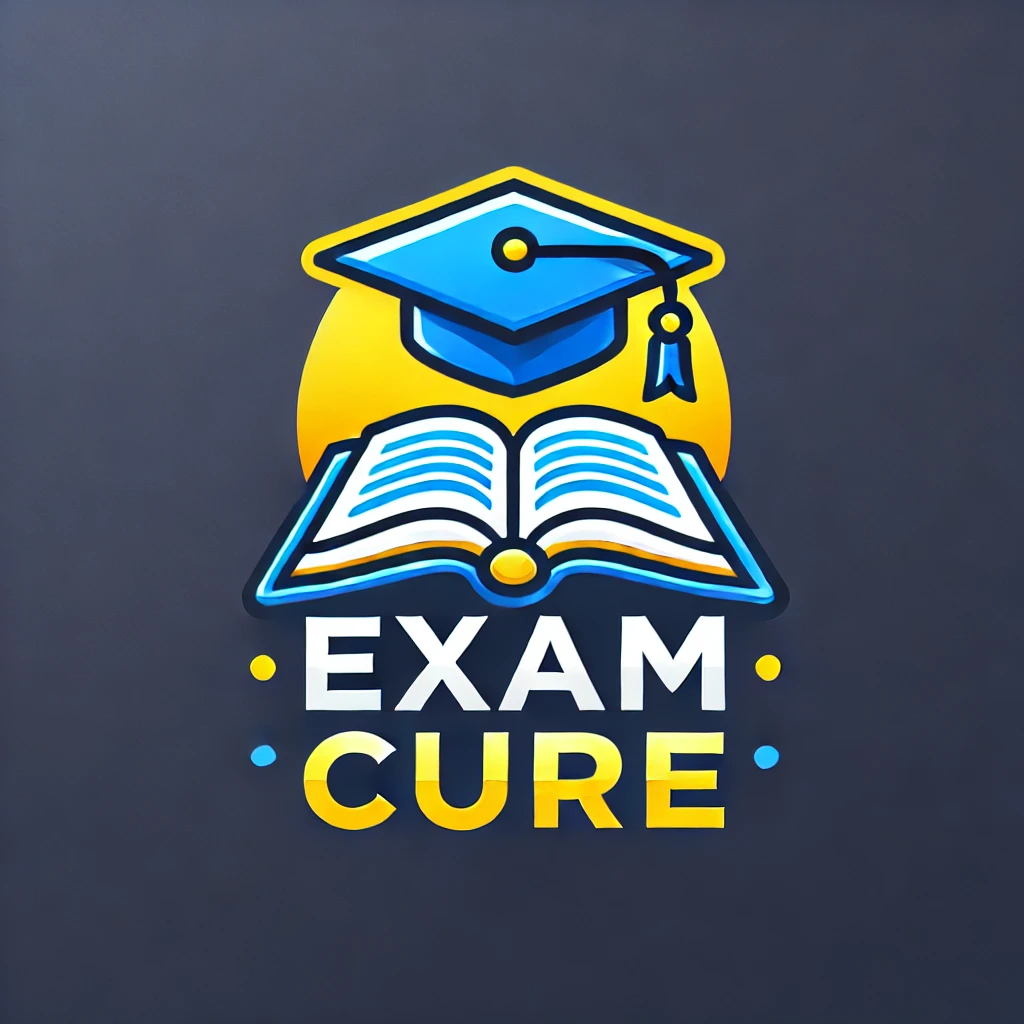Cardiology Licensing/Board Exam MCQs Bank – 2025
✅1000+ MCQs designed for cardiology board exams
✅ Clinical vignette format with ECGs, labs, and case-based reasoning
✅ Covers ACS, heart failure, arrhythmias, hypertension, valvular disease, and more
✅ Detailed explanations (correct + incorrect)
✅ Based on Prometric, Arab Board, and international blueprints
✅ Suitable for residents, internists, and cardiology candidates
✅ Lifetime access – mobile and desktop compatible
💰 Pricing
✅ Pass Guarantee
We extend access until you pass.
If you don’t pass the Exam, we’ll continue your access beyond 6 months at no extra cost.
📩 WhatsApp us to activate your extended access.
🔐 6-Month Full Access
$99.99 (≈ AED 367)
One-time payment for 6 months of unlimited access to:
-
MCQs
-
Full explanations
-
Mock test simulations
💳 Flexible Payment Options
Via Tabby (4 Installments)
Pay in 4 interest-free installments via Tabby
(Available in UAE, Saudi Arabia, Kuwait, Bahrain)
📩 WhatsApp us to get your Tabby payment link.
Instant Web Checkout (2 Installments)
Split payment in 2 monthly parts using credit/debit card – no WhatsApp needed.
Course contents
Cardiology Prometric Exam Overview
How many hours is the Cardiology Exam?
How many questions is the Cardiology Exam?
What topics are covered on the Cardiology DHA prometric Exam?
Cardiology DHA Prometric Exam Topics Covered:
- Coronary Artery Disease
• Cardiac Failure
• Valve Disease
• Arrhythmias
- Congenital Heart Disease
• Professionalism and Ethics
• Systemic Disease
• Pericardial Disease
• Peripheral Vascular Disease
• The Cardiomyopathies
• Cardiac Pharmacology
More About the Cardiology Prometric Exam
Cardiology Prometric Exam Tips and Tricks
Key Exam Insights for Prometric Medical Exam Blueprint: The Cardiology exam consists of 150 MCQs and lasts 3 hours. Below is a breakdown of key areas and what to focus on for each section:
Cardiovascular Physiology and Anatomy
- Focus: Understand the structure and function of the heart and blood vessels, including hemodynamics and electrophysiology.
- Tips:
- Anatomy Review: Be familiar with the anatomy of the heart, including chambers, valves, and conduction system.
- Physiology Concepts: Study cardiac output, blood pressure regulation, and the effects of different factors on cardiovascular function.
Clinical Cardiology
- Focus: Diagnosis and management of common cardiovascular diseases such as hypertension, heart failure, coronary artery disease, and arrhythmias.
- Tips:
- Clinical Guidelines: Familiarize yourself with current guidelines for management of cardiovascular diseases (e.g., AHA/ACC guidelines).
- Case Studies: Review clinical scenarios to apply knowledge to patient management and treatment options.
Cardiovascular Diagnostic
- Focus: Interpretation of diagnostic tests including ECGs, echocardiograms, stress tests, and cardiac catheterization results.
- Tips:
- ECG Practice: Be proficient in reading ECGs, identifying arrhythmias, and recognizing ischemic changes.
- Imaging Techniques: Understand the indications and interpretations of echocardiography and other imaging modalities.
Pharmacology in Cardiology
- Focus: Knowledge of medications used in the treatment of cardiovascular conditions, including indications, contraindications, and side effects.
- Tips:
- Drug Classes: Memorize key drug classes, their mechanisms of action, and specific uses in cardiovascular therapy.
- Side Effects: Be aware of common adverse effects and interactions of cardiovascular medications.
Preventive Cardiology
- Focus: Risk factors for cardiovascular disease, screening methods, and lifestyle modifications.
- Tips:
- Risk Assessment: Study the Framingham risk score and other tools for assessing cardiovascular risk.
- Lifestyle Interventions: Understand the role of diet, exercise, and smoking cessation in prevention.
Electrophysiology and Arrhythmias
- Focus: Understanding the mechanisms and management of arrhythmias and conduction disorders.
- Tips:
- Classification of Arrhythmias: Know the types of arrhythmias and their clinical significance.
- Management Protocols: Review treatment options, including pharmacologic and non-pharmacologic approaches.
Cardiovascular Emergencies
- Focus: Immediate management of acute cardiovascular conditions such as myocardial infarction, cardiac arrest, and stroke.
- Tips:
- ACLS Protocols: Be familiar with Advanced Cardiac Life Support (ACLS) guidelines and resuscitation techniques.
- Emergency Scenarios: Study common emergency presentations and their urgent management.
General Study Strategies:
Blueprint Review: Begin by understanding the weight of each section. Allocate more time to high-weight areas like Clinical Cardiology and Cardiovascular Physiology.
Textbook Reference: Utilize standard cardiology textbooks, such as "Braunwald's Heart Disease" or "Hurst's The Heart," for in-depth knowledge.
Practice Questions: Engage with question banks tailored to cardiology to reinforce your understanding and familiarize yourself with exam format.
Case-Based Learning: Incorporate case studies into your study routine to apply theoretical knowledge to practical scenarios.
Time Management: Practice full-length mock exams under timed conditions to build endurance and improve pacing for the actual test.
By strategically aligning your study efforts with the exam blueprint, you will enhance your preparation for the unique content distribution and time constraints of the DHA Prometric Cardiology exam.

